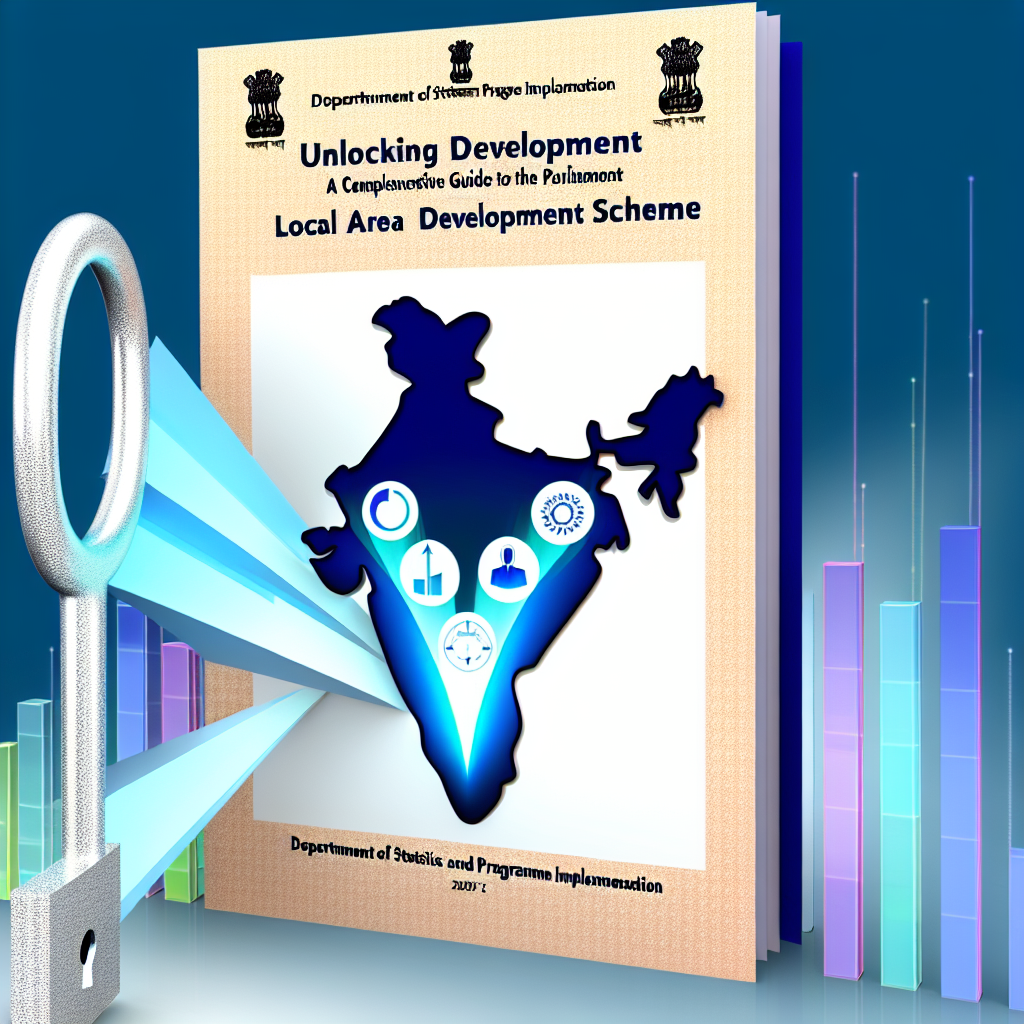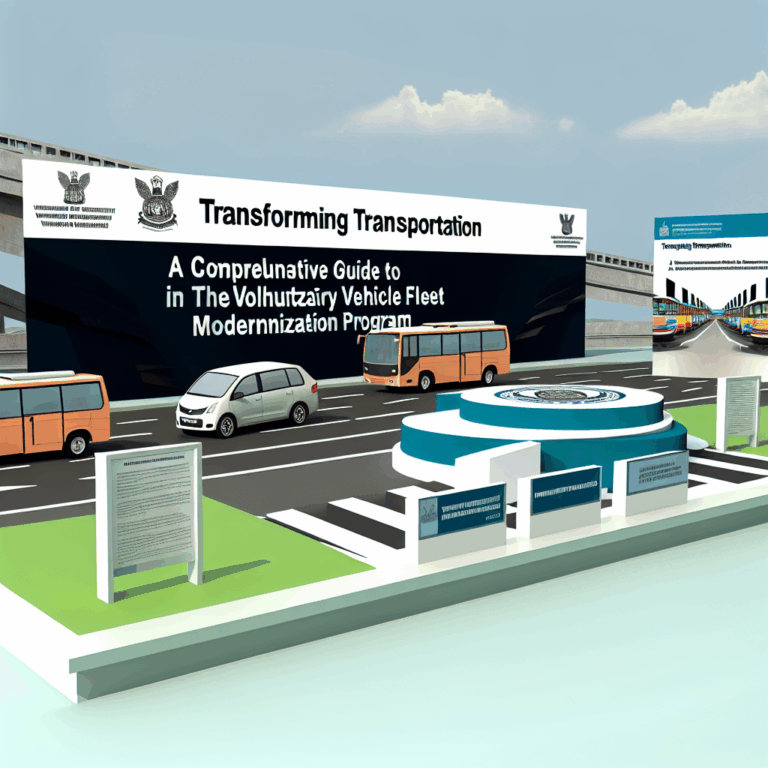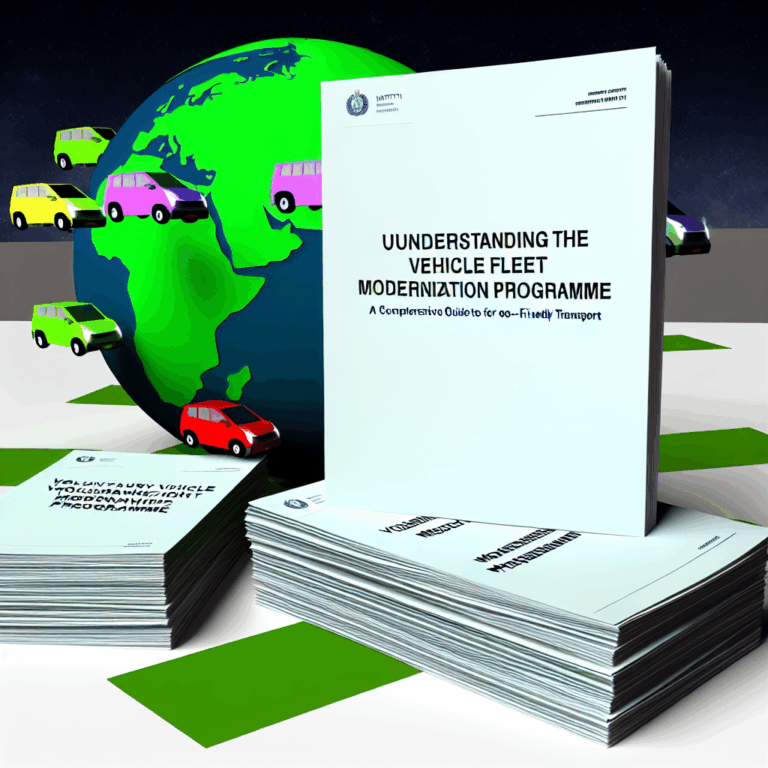Copyright @ 2023 www.digimitr.com. All rights reserved.

Unlocking Development: A Comprehensive Guide to the Member of Parliament Local Area Development Scheme (MPLADS) by the Ministry of Statistics and Programme Implementation
Learn about the key aspects of the government scheme titled “Unlocking Development: A Comprehensive Guide to the Member of Parliament Local Area Development Scheme (MPLADS) by the Ministry of Statistics and Programme Implementation”. This scheme is managed by the relevant ministry and aims on delivering benefits to eligible beneficiaries.
Here is a comprehensive overview:
The Member of Parliament Local Area Development Scheme (MPLADS) is a pivotal initiative by the Indian government aimed at facilitating local development through the financial empowerment of Members of Parliament (MPs). Established in 1993, this program exemplifies the principle of decentralized development, allowing MPs to channel funds directly into the socio-economic upliftment of their constituencies. With the Ministry of Statistics and Programme Implementation overseeing this scheme, the MPLADS fosters development in a myriad of sectors, including health, education, and infrastructure.
Eligibility Criteria
The MPLADS is designed specifically for elected representatives of the Indian Parliament, which includes both Members of the Lok Sabha and Rajya Sabha. Each MP is allocated an annual fund to utilize for developmental activities in their respective constituencies. This eligibility extends solely to sitting members, which excludes those former MPs or representatives not currently serving in the parliament. The scheme covers all parliamentary constituencies across the nation, making it widely accessible.
Key Features and Benefits
The MPLADS represents a significant financial resource, usually amounting to Rs. 5 crore per MP annually. This fund can be employed on various development projects that address the specific needs of the local community. Projects may range from building schools, constructing roads, and setting up hospitals, to establishing public amenities. One notable feature of MPLADS is its flexibility, allowing MPs to choose initiatives based on local requirements instead of a generalized, one-size-fits-all approach.
Another key advantage of the MPLADS is its swift implementation process, which typically bypasses bureaucratic hurdles that might delay projects under traditional governmental schemes. MPs can directly influence project development through community participation, leading to a sense of ownership among the citizens. Moreover, by enabling local stakeholders to engage and contribute, MPLADS promotes not just physical development but also civic engagement and responsibility.
Application Process
To access MPLADS funding, the process initiates with the MP identifying a suitable project that aligns with the priorities and needs of their constituency. The MP must then submit a proposal to the Ministry of Statistics and Programme Implementation. This detailed proposal should include an outline of the project, its objectives, potential beneficiaries, and a proposed budget. Once the project is approved, funds are released to the designated implementing agency, which can be a government department, a local body, or an organization responsible for managing the project.
Monitoring and submitting progress reports are essential parts of the MPLADS process. MPs are required to ensure that projects are executed as per the guidelines and desirable outcomes. Additionally, regular audits are conducted to maintain transparency and accountability, which is crucial for public trust in the scheme.
Funding and Budget
The financial architecture of MPLADS reflects its commitment to localized development. As mentioned earlier, the standard allocation per MP is Rs. 5 crore annually, with funds disbursed in two installments throughout the financial year. Allocations may be adjusted based on fiscal policies or amendments to the fund allocation set by the Ministry of Finance. The timely disbursement of funds plays a vital role in maintaining project schedules and ensuring that the benefits reach communities without delay.
Achievements or Impact
The success of the MPLADS can be gauged through its numerous accomplishments in various sectors. From constructing essential infrastructure such as roads and bridges to upgrading healthcare facilities in rural areas, the MPLADS has significantly impacted local communities. Reports illustrate how several projects completed under this scheme have materially improved the quality of life for many citizens by enhancing accessibility to essential services.
Additionally, community participation and the entrepreneurial spirit fostered by MPLADS have stimulated local economies. By empowering MPs to allocate funds in ways that cater to local distinctions, the scheme contributes significantly to narrowing development gaps in urban and rural settings alike.
Challenges
Despite its many advantages, the MPLADS scheme is not without challenges. One primary issue has been ensuring transparency and accountability. In some cases, the swift implementation of projects has led to questions about fund misappropriation or inadequate project oversight. There have also been instances of political interference or mishandling of funds, leading to suboptimal project outcomes.
Moreover, the impact of MPLADS can sometimes be diluted by inadequate involvement from community members and the lack of proper consultation. Effective project design requires assessing community needs, but this engagement is often overlooked, resulting in projects that may not fully align with local requirements. Continuous efforts to refine the monitoring mechanisms and improve community participation remain vital for the long-term success of MPLADS.
Recent Updates
As of recent years, the MPLADS has undergone several modifications aimed at improving its efficacy. Initiatives designed to enhance transparency through digital platforms have been put into place. The launch of the MPLADS Monitoring System allows real-time tracking of projects, making it easier for citizens to stay informed about fund usage and project status.
Additionally, post-pandemic adjustments have emphasized health-related projects, with MPs encouraged to prioritize healthcare infrastructure and services in their constituencies. This reflects a broader recognition of the importance of health security as a critical area for investment in development efforts.
Conclusion
In conclusion, the Member of Parliament Local Area Development Scheme stands as a significant endeavor in empowering local governance through financial support. By placing MPs in a position to directly influence the developmental pathways of their constituencies, MPLADS has the potential to yield substantial improvements in the quality of life for citizens across India. However, to fully realize these benefits, ongoing focus on transparency, stakeholder engagement, and efficient project management is essential. With necessary updates and reforms, the MPLADS can continue to be a powerful tool for fostering localized growth and addressing the diverse needs of communities across the nation.
FAQ
1. What is the primary purpose of the MPLADS?
The primary purpose of the MPLADS is to enable Members of Parliament to utilize funds for developmental projects in their constituencies, targeting local needs and enhancing community welfare.
2. How does an MP ensure transparency in MPLADS-funded projects?
Transparency can be maintained through regular audits, community engagement, and the use of digital monitoring systems that allow citizens to track the progress of MPLADS-funded projects.
3. Can former MPs access MPLADS funds for projects?
No, only sitting Members of the Lok Sabha and Rajya Sabha are eligible for MPLADS funding; former MPs cannot access these funds.
For more information, check out official government site,
Official government website or relevant source not provided.
Stay updated on related schemes and initiatives using hashtags: #Unlocking #Development #Comprehensive #Guide #Member #Parliament #Local #Area #Development #Scheme #MPLADS #Ministry #Statistics #Programme #Implementation
Share your thoughts about this scheme in the comments below!





